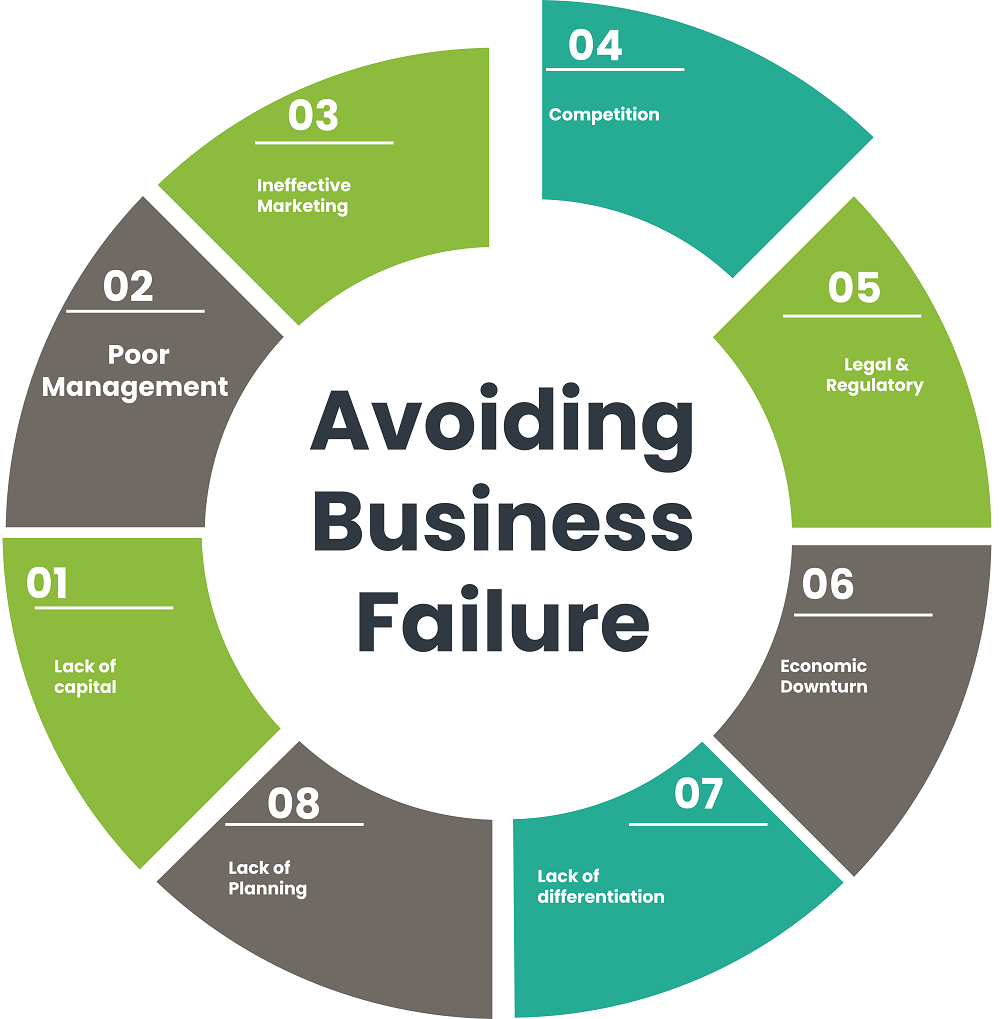Competition


Small business owners can compete with larger businesses by following these suggestions:
- Focus on customer service: Small businesses can provide more personalised customer service than larger businesses. By going above and beyond to meet the needs of your customers, you can build loyal relationships and differentiate your business from competitors.
- Develop a niche: Specialising in a particular product or service can help you stand out in a crowded market. By developing a niche, you can establish your expertise and attract customers who are looking for a particular type of product or service.
- Leverage technology: Technology can level the playing field for small businesses. Using tools like social media, e-commerce platforms, and email marketing can help you reach customers more effectively and compete with larger businesses.
- Offer competitive pricing: Small businesses may not be able to compete with larger businesses on price alone, but they can offer other incentives, such as personalised service or unique products, that make their prices more competitive.
- Build relationships with other businesses: Small businesses can build relationships with other businesses in their community to create a network of support. For example, partnering with complementary businesses can help you reach new customers and share resources.
- Focus on quality: Small businesses can compete with larger businesses by providing high-quality products and services. By focusing on quality, you can build a reputation for excellence and attract customers who are willing to pay a premium for your products or services.
By following these suggestions, small business owners can compete with larger businesses and succeed in their market. It’s important to remember that effective competition takes time, effort, and dedication, so don’t get discouraged if you don’t see immediate results.

